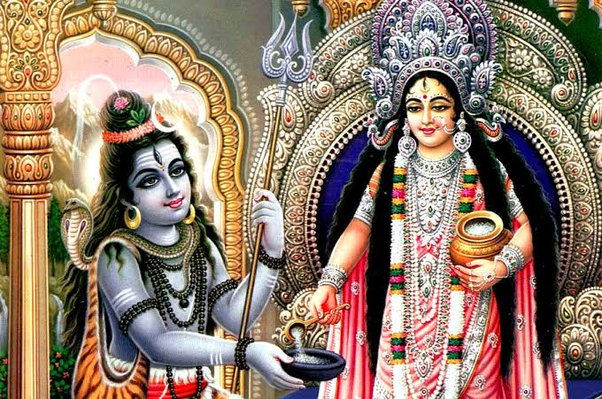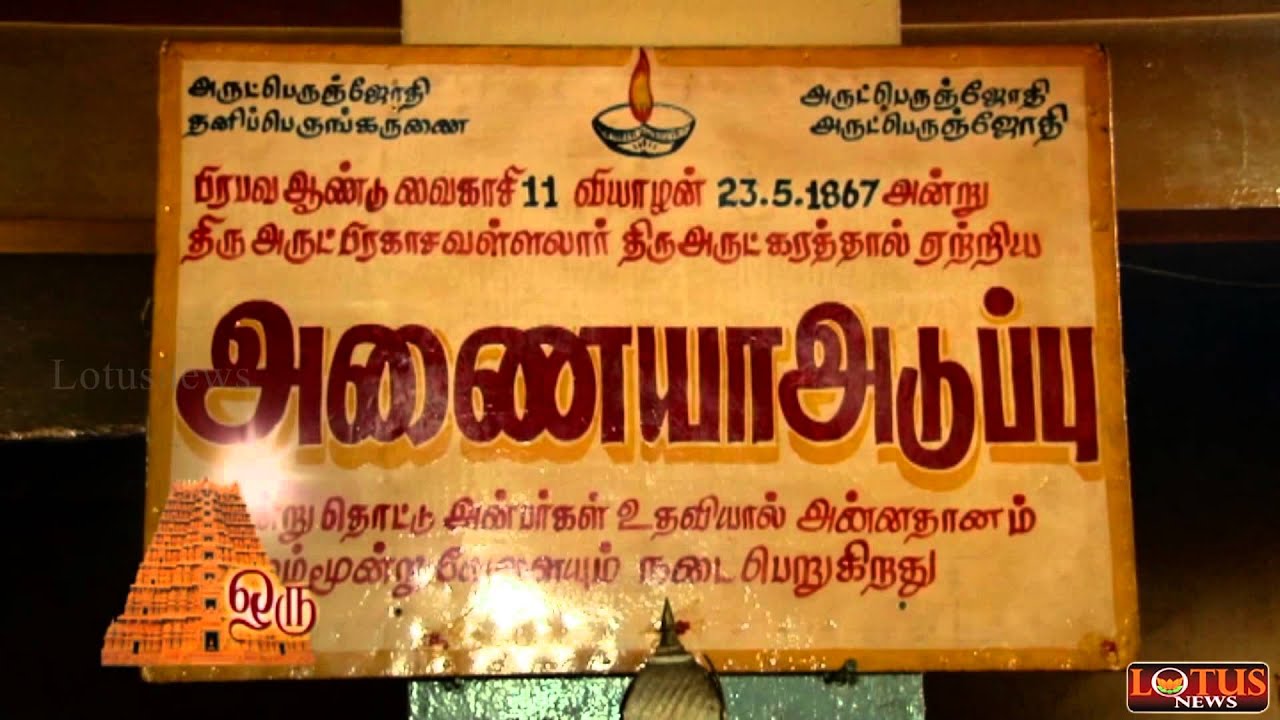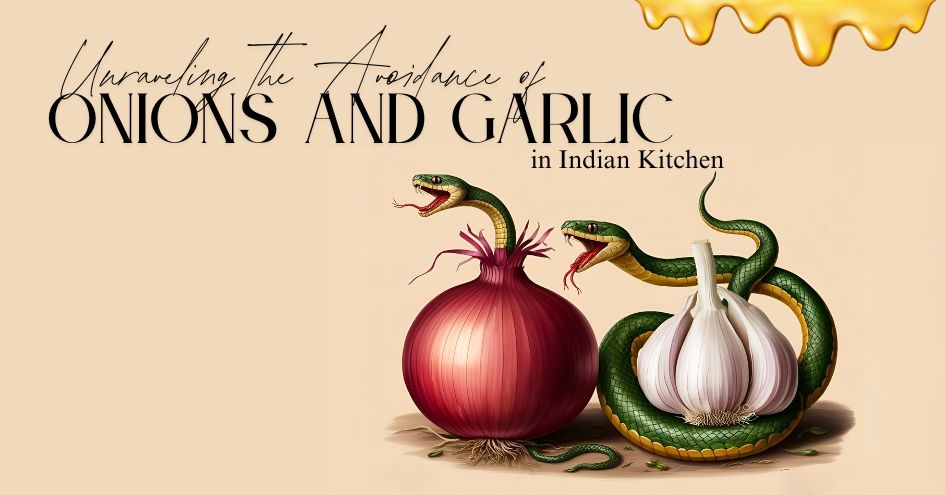The Legend of Annadhanam & its Importance
In the Dharmic way of life, serving oneself and the community is considered critical in a life of a Human being. A person can be of service to oneself by sincerely practising meditation, yoga, mantra chanting etc. A person can serve the society/community by offering his time (offering Seva), knowledge (teaching the scriptures), contributing money, and donating clothes or food to the needy. Out of all the offerings and charity, the foremost thing which is of utmost importance is the offering of food - ANNADHANAM.
The word Annadhanam means the act of offering food. It comes from two words - Annam meaning food, and Dhanam meaning an offering/charity. Annadhanam is considered Mahaadhanam (The best offering/ great offering) in the Sanathana Dharma tradition because the absence of food can snatch away a life. Here, Food donation does not mean feeding only human beings. It also includes all the living beings on the earth.
THIRUVALLUAR says ( under the chapter “ blessing of rain - வான்சிறப்பு”, couplet 19 )
தானம் தவம்இரண்டும் தங்கா வியன்உலகம்
வானம் வழங்கா தெனின்.
It means - If the noble deeds of giving alms to the needy and doing penance cease to exist, then Rain will cease as well.
Have you ever wondered why our elders keep saying that one must not waste food? or,
Why do grandparents say that wasting food is equivalent to disrespecting God?
It is because the food we consume satisfies not only the tastebuds but, also helps to nourish our bodies and mind. Such is the divinity and speciality of offering food. There are several stories from our Puranas that talk about the importance of Annadhanam. Here are some of the Legends from the Dharmic tradition that talks about the importance of Annadhanam.
THE GODDESS OF FOOD - SHRI ANNAPOORNESHWARI
In Hinduism, Goddess Annaporna Devi / Annapoorneshwari is responsible and associated with food. She is the supreme Goddess of food and is responsible for distributing food and nourishment to all the living beings on earth. The Goddess Annapoorna Devi / Annapoorneshwari is the reincarnation of Goddess Parvathi. The word Annapoorna is derived from two words - Annam - meaning food, and poorna meaning whole or complete.
Long ago, Lord Shiva and Goddess Parvathi played the game of dice. The game got interesting, and Lord Shiva and Goddess Parvathi decided to bet. Lord Shiva bet on his Trident and snake. He kept losing and finally had to bet on his begging bowl, but he lost that to his wife. Feeling humiliated, Lord Shiva went into the forest. He met Lord Vishnu. He explained everything, and Lord Vishnu consoled Lord Shiva and asked him to return home and continue to play the game of dice and that he would help his friend.
This time, Lord Shiva won back all the things he had lost. Goddess Parvathi was suspicious. Lord Shiva told his wife how he met Lord Vishnu in the forest. Goddess Parvathi was not happy and called her husband a cheat. Then a verbal duel took place, and Lord Shiva turned philosophical and called the whole world a Maya (illusion), to which Goddess Parvathi argued that food did not fall under the category. She was enraged that Lord Shiva disagreed and she disappeared.
As soon as she disappeared, nature came to a standstill. The climate and seasons did not change, which led to severe drought everywhere. The people on earth started to perish due to a lack of food. Soon, Lord Shiva realised his mistake. Goddess Parvathi could not bear her devotees dying due to hunger and later reincarnated as Goddess Annapoorna Devi and distributed food at Kashi and fed the world.
Goddess Annapoorna Devi holds a Golden ladle adorned with precious gems in one hand and a vessel full of delicious porridge in the other. People believe that she does not eat a morsel unless all her devotees have eaten in her temple.
The Annapoorna Stotram is an exclusive hymn praising the Goddess Annapoorneshwari that was composed and written by the great sage, Adi Shankaracharya. Hindus around the world Chant the hymn for nourishment, wisdom and renunciation.
The most famous temple of Shri Annapoorneshwari is in Kasi, Varanasi, UP. This temple is adjacent to the Kasi Vishwanath temple. The Goddess is the queen of Varanasi and at her temple, food is distributed every day at noon time for all the devotees. Another famous temple of Shri. Annapoorneswari is at Horanad, Karnataka.
STORY OF AKSHAYA PATRA
There is an incident mentioned in the great Epic Mahabharatha about the greatness of Annadhanam. The Kauravas defeated the Pandavas in the game of dice. The Pandavas were exiled and roamed the country and camped in different places. They foraged for food and led a gruelling life. Numerous saints and people visited them often. The brothers found it very difficult to feed all the guests who came to their camp.
Hence, they worshipped Lord Surya, and he presented them with a magical miracle bowl called the “Akshaya Patra”. This divine bowl provided them with an unlimited supply of food all day long until Draupadi took her meal in the evening. Pandavas were elated. They ate till their stomach were full and donated the excess food to the poor people and the animals that wandered into the forest camp.
Duryodhana and his uncle Sakuni wanted to trouble the Pandavas further. They requested Sage Durvasa (known for his anger and ability to curse people) to visit the Pandava brothers in the evening. Duryodhana ensured the Sage visited the Pandavas in the late evening after Draupadi had eaten her fill and the bowl was empty for the day.
The Pandavas did not know how to feed the large party but nevertheless invited them into their humble dwelling and asked the guests to take a dip in the river nearby. Draupadi feared that Sage Durvasa would curse them and started praying to Lord Krishna. Lord Krishna answered her prayers and approached her. He asked her to fetch the Akshaya Pathra. Lord Krishna found a single piece of rice sticking to the corners of the bowl and ate it declaring that his stomach was full. Strangely, Sage Durvasa and his disciples became full too. They could not eat a morsel. They told the Pandavas that they did not require food and left them.
Draupadi thanked Lord Krishna for the timely help. The Lord replied that the Punya ( good deeds) accumulated through Annadhanam saved the day, and not him.
STORY OF SUDHAMA
Sudhama and Lord Krishna were childhood friends. When they grew up, Krishna became a king while Sudhama remained a poor brahmin. Sudhama was finding it very difficult to make ends meet, and upon the suggestion of his wife, he sought Lord Krishna for help. He took a small bag of beaten rice / Aval for the Lord.
He met Lord Krishna who welcomed him with a warm embrace. Sudhama felt very delicate and embarrassed to give his small and inconspicuous beaten rice to Krishna, and he did not ask for help. But Lord Krishna noticed the small bag of rice and asked Sudhama to open it and was delighted that it was beaten rice and had handfuls of it.
Sudhama returned home. He was astonished to find a big house, money and jewellery in the place of his old hut. This change was because Sudhama performed Dhanam (offering) of food to the Lord.
STORY OF KARNA
Karna is a well-known character from Mahabaratha. Though he felt bitterness and resentment, he was also a man with lots of integrity, loyalty and generosity. He always donated wealth and helped the poor. But one dhanam Karna did not perform in his life was Annadhaman. A hungry person approached Karna and asked him for alms. Karna pointed his finger in the direction of a temple where Annadham was in process. He failed to offer him food.
During the Kurushetra war, after Arjuna’s arrows pierced Karna (Karna was lying on the ground). Karna realised that he had not done an important dhanam - offering food and requested Lord Krishna that he be born again on the earth. Lord Krishna granted this boon to Karna.
IMPORTANCE OF ANNADHNAM
The Vedas and the epics talk about the importance of Annadhanam through many such interesting stories. Apart from the Puranas, many saints in India also advocated the importance of Annadhanam and started many initiatives for feeding the poor.
One such initiative is the Dharmasalai started at Vadalur by the Saint Vallalar in the year 1867. Since its inception, the holy FIRE - “The Annaiya Adduppu ( The holy ever - burning fire) in the kitchen is incessantly on. Healthy vegetarian meals are cooked and offered to the poor and hungry three times a day.
Today, many temples around the world offer Annadhanam services, where devotees can consume healthy and nutritious food. There are many devotees who offer money to such noble causes. This way, everyone understands the importance of this noble need.

Annadhanam does not signify only feeding Humans but encompasses all the living beings in nature. It is believed, when a person performs Annadhanam, it washes away his/her sins and helps one attain moksha. But, above all, I believe that when one performs Annadhanam, he/she becomes a better human being - especially when food is shared with the hungry. If you give money or other material possessions, the receiver will wish for more and more. They will never be satisfied. But offer food, the receiver can only eat and drink a certain quantity. He/she then becomes contented and happy. It’s only for food that people say enough!
 I am Vaishnavi Gurusankar, a passionate educator, a wife and a mother. I have over a decade of experience as an educator and have been closely working with teachers and children of all ages. I am also an active parenting blogger and founder of Magical Unicorn, an exclusive parenting blog founded on Indian ethos, values and stories at its core.
I am Vaishnavi Gurusankar, a passionate educator, a wife and a mother. I have over a decade of experience as an educator and have been closely working with teachers and children of all ages. I am also an active parenting blogger and founder of Magical Unicorn, an exclusive parenting blog founded on Indian ethos, values and stories at its core.





 Annadhanam does not signify only feeding Humans but encompasses all the living beings in nature. It is believed, when a person performs Annadhanam, it washes away his/her sins and helps one attain moksha. But, above all, I believe that when one performs Annadhanam, he/she becomes a better human being - especially when food is shared with the hungry. If you give money or other material possessions, the receiver will wish for more and more. They will never be satisfied. But offer food, the receiver can only eat and drink a certain quantity. He/she then becomes contented and happy. It’s only for food that people say enough!
Annadhanam does not signify only feeding Humans but encompasses all the living beings in nature. It is believed, when a person performs Annadhanam, it washes away his/her sins and helps one attain moksha. But, above all, I believe that when one performs Annadhanam, he/she becomes a better human being - especially when food is shared with the hungry. If you give money or other material possessions, the receiver will wish for more and more. They will never be satisfied. But offer food, the receiver can only eat and drink a certain quantity. He/she then becomes contented and happy. It’s only for food that people say enough! I am Vaishnavi Gurusankar, a passionate educator, a wife and a mother. I have over a decade of experience as an educator and have been closely working with teachers and children of all ages. I am also an active parenting blogger and founder of Magical Unicorn, an exclusive parenting blog founded on Indian ethos, values and stories at its core.
I am Vaishnavi Gurusankar, a passionate educator, a wife and a mother. I have over a decade of experience as an educator and have been closely working with teachers and children of all ages. I am also an active parenting blogger and founder of Magical Unicorn, an exclusive parenting blog founded on Indian ethos, values and stories at its core.
